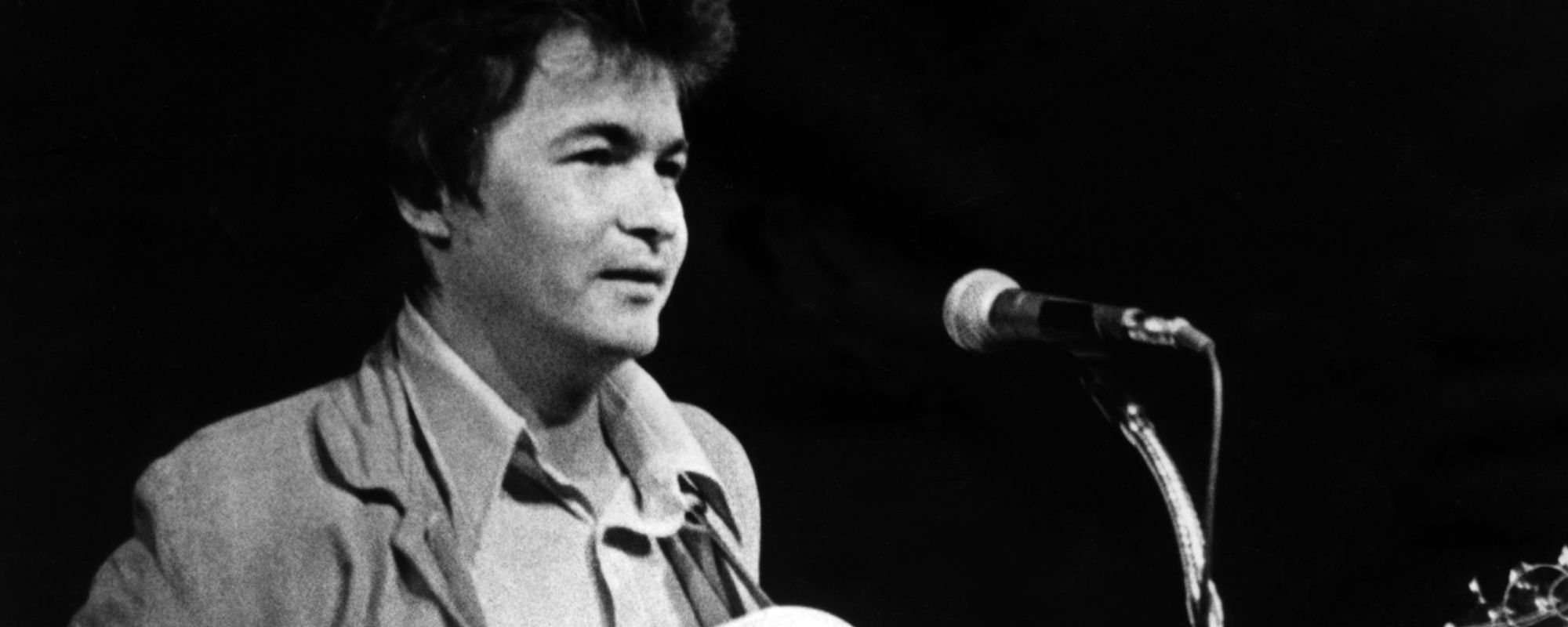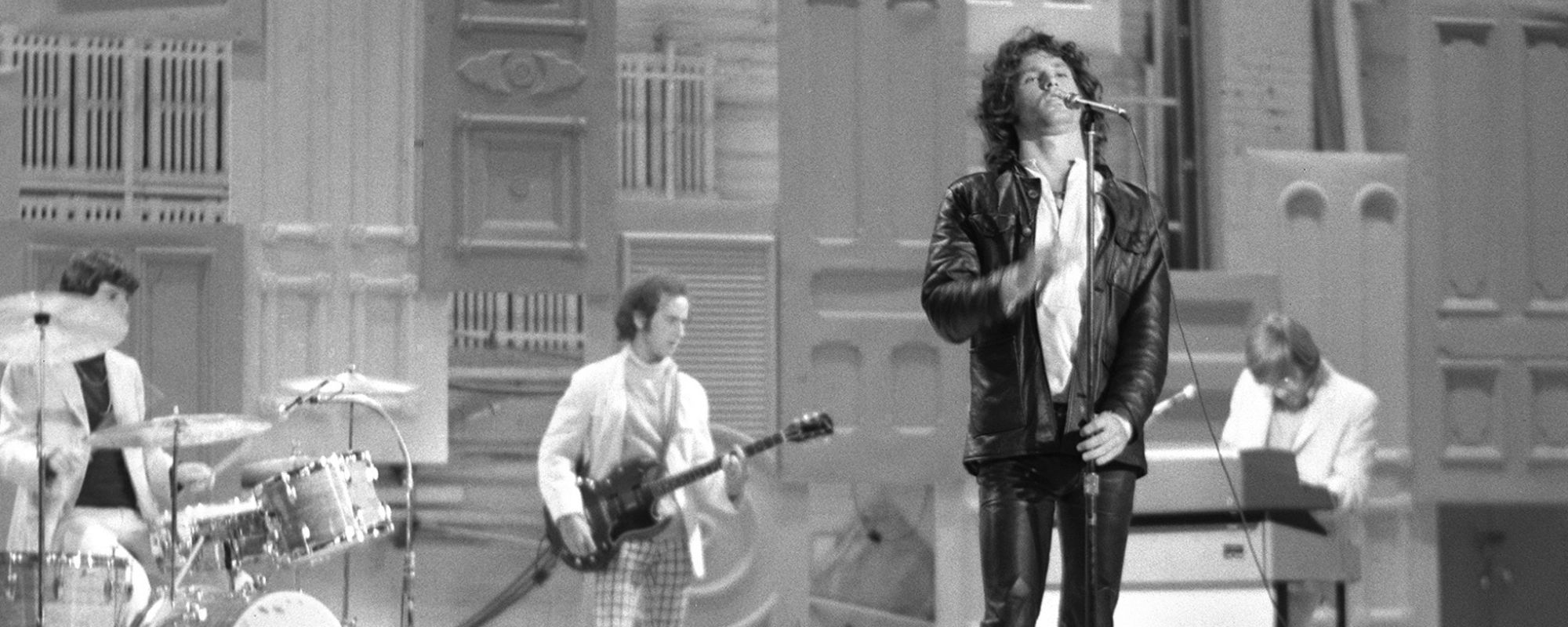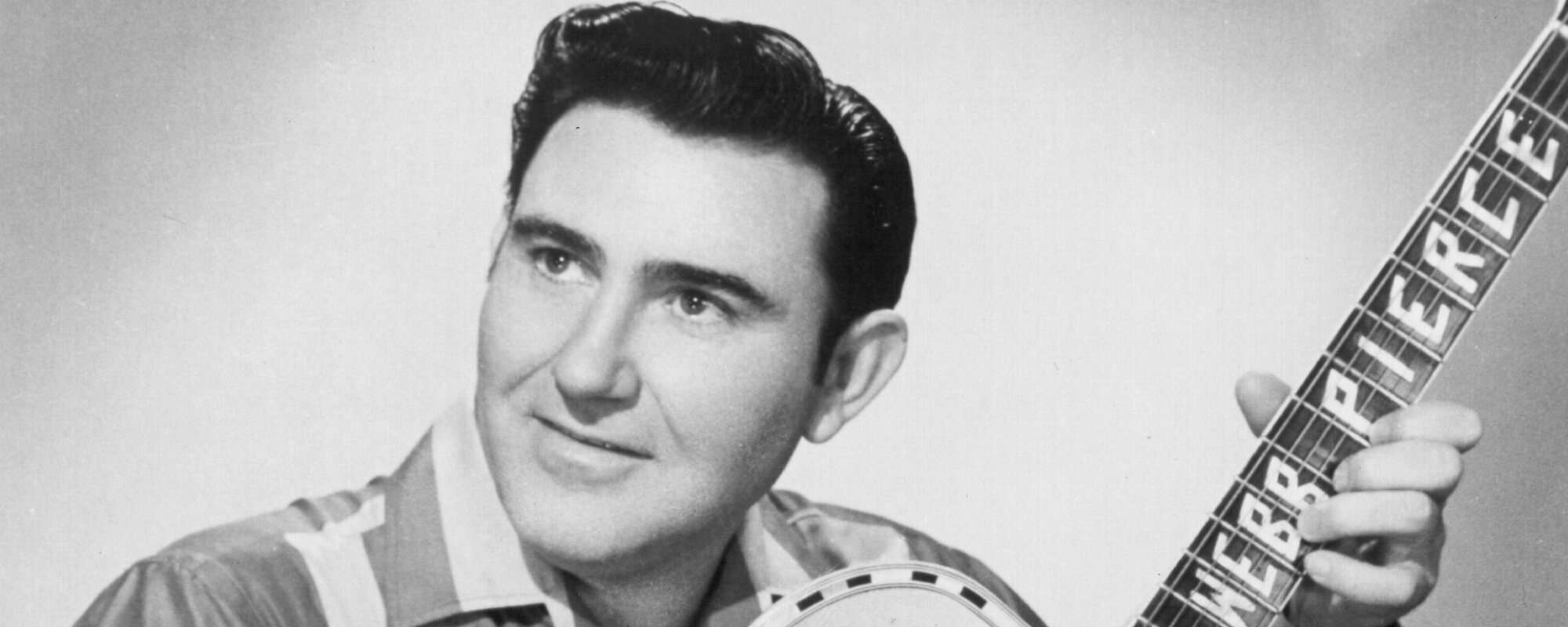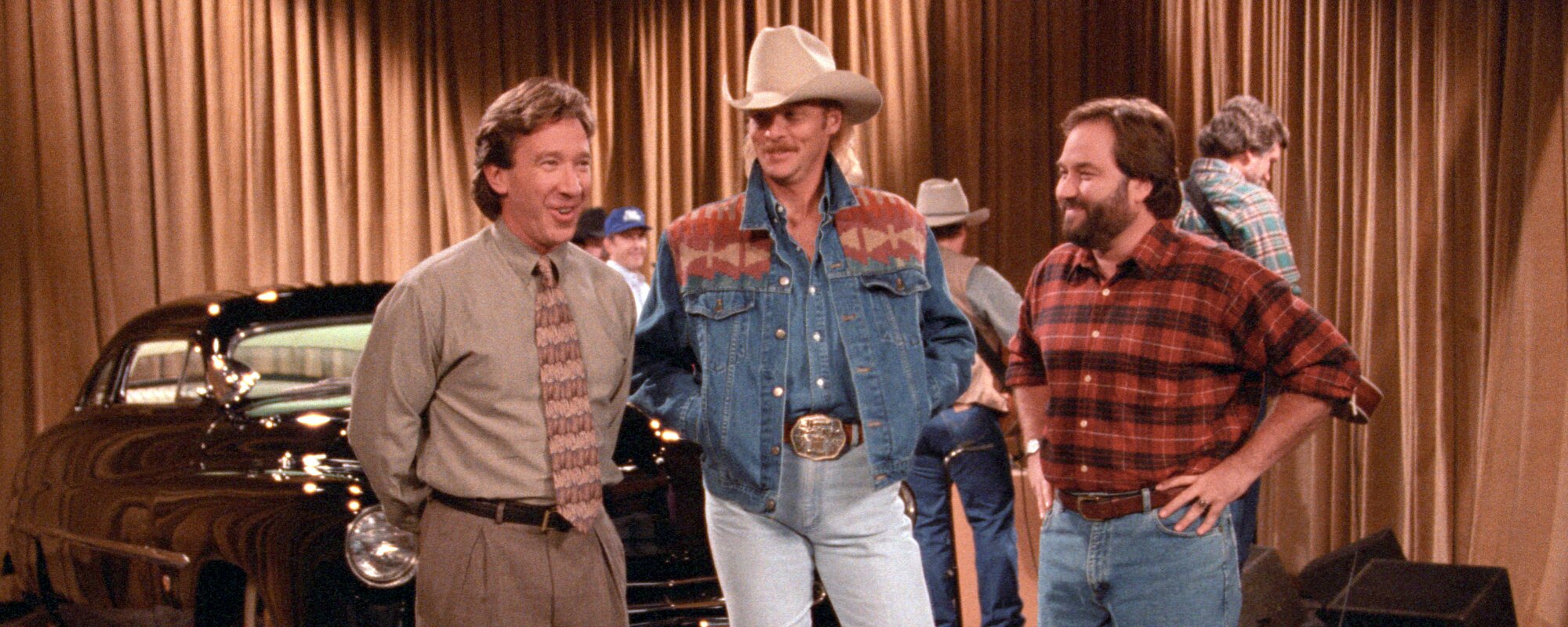Popular music, particularly rock and roll, changed rapidly in the 1960s. I can’t imagine what it must have been like to experience The Beatles or The Rolling Stones as they were happening in real time. I wasn’t born yet when the songs on this list were released, but I do know what it feels like to hear them for the first time. I’d love to experience that feeling again, wouldn’t you?
Videos by American Songwriter
“Sunday Morning” by The Velvet Underground from ‘The Velvet Underground & Nico’ (1967)
Lou Reed and John Cale had been up late doing methamphetamine, or crank, as they say. So they visited Reed’s college friend at three in the morning, but the college friend’s wife didn’t appreciate the company. His friend had a guitar, which Reed used to write “Sunday Morning Call”. It was meant for Nico to sing, but instead, Reed mimicked her inflections. It opens The Velvet Underground’s debut with chiming, if understandably hazy, orchestration from Cale.
Sunday morning brings the dawn in,
It’s just a restless feeling by my side.
“Masters Of War” by Bob Dylan from ‘The Freewheelin’ Bob Dylan’ (1963)
In a version of how one might have sampled in the 1960s, in “Masters Of War”, Bob Dylan interpolated a melody from Jean Ritchie’s arrangement of “Nottamun Town”. Dylan’s second album catapulted him from Greenwich Village folkie to rock star. “Blowin’ In The Wind”, “A Hard Rain’s A-Gonna Fall”, and “Don’t Think Twice, It’s All Right” gave a generation its voice, however uncomfortable that voice might have been with the responsibility. But “Masters Of War” is Dylan at his most furious. It reflected the anti-war spirit of the time while also bridging the gap between poetry and rock and roll, where high art meets the street.
Like Judas of old
You lie and deceive
A world war can be won
You want me to believe.
“I Hear A Symphony” by The Supremes, Single (1965)
This is my favorite song. It probably has to do with sitting around my house as a kid, listening to Motown records with my dad. The tenderness of “I Hear A Symphony” also feels sad. Diana Ross is smitten, but she fears the attraction could end. It’s the reason symphonies often sound bittersweet, to borrow from Richard Ashcroft. The potential sadness in joyful moments. The injustice of grief. But check out the line below. Ross sings “felt,” not “feel.” Past tense. Perhaps Holland-Dozier-Holland just needed a soft rhyme for “myself.” Or it speaks to the probability of fleeting love.
Those tears that fill my eyes,
I cry not for myself,
But for those who’ve never felt the joy we felt.
Photo by Cyrus Andrews/Michael Ochs Archives/Getty Images










Leave a Reply
Only members can comment. Become a member. Already a member? Log in.